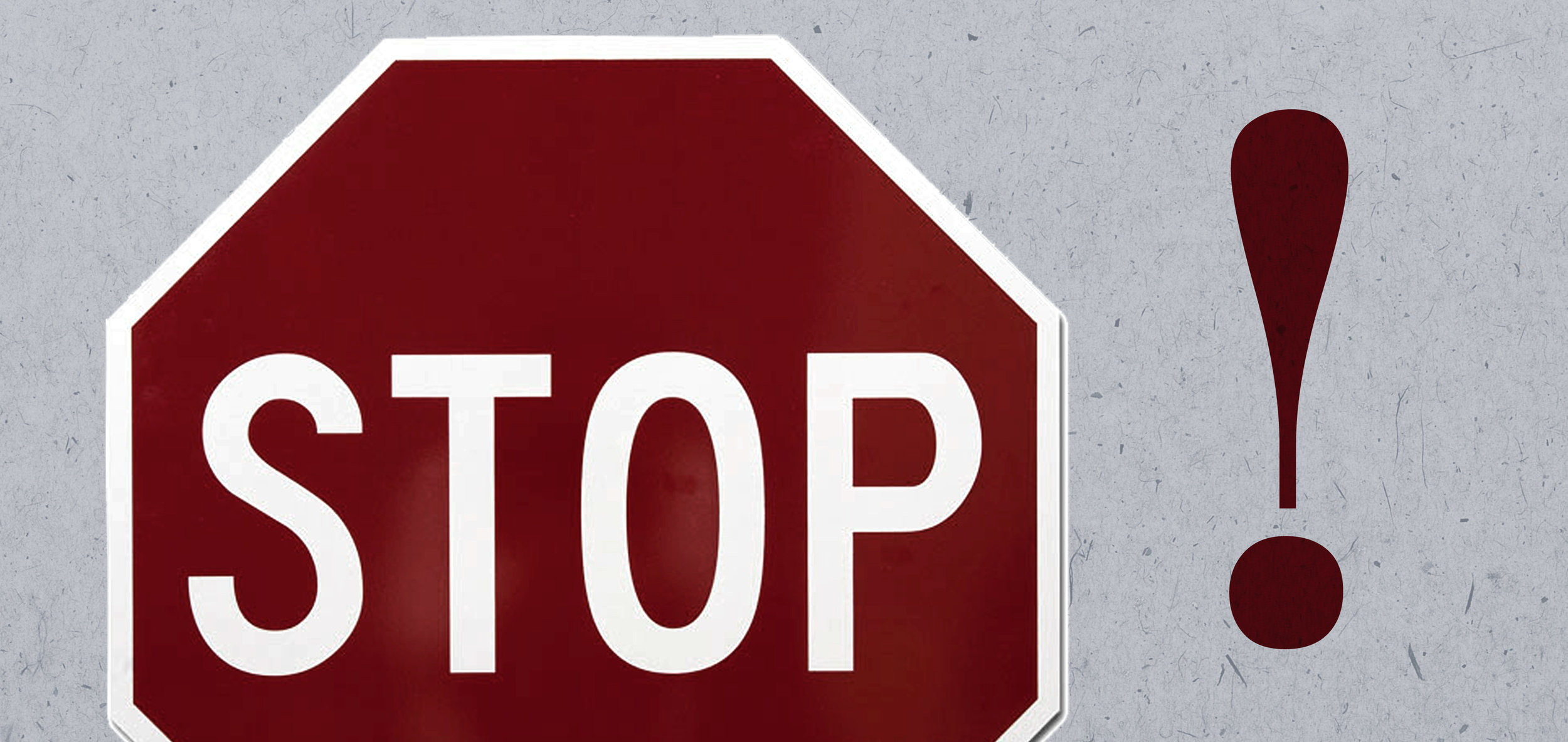Photo by Michail_Petrov-96/iStock / Getty Images
Insurance companies have a legal obligation to pay their insureds for covered losses. This is the primary reason why people seek insurance coverage in the first place. Insurance companies should minimize risk and provide financial protection in the event of an accident or loss. As most Louisiana citizens know after the catastrophe of Hurricane Katrina, some insurance companies don’t hold up their end of the bargain in the event of a loss. In fact, some insurance companies will accept premium payments from their insureds and when it comes time to pay on a claim, they leave their insureds out to dry.
Fortunately for Louisiana citizens, there are two “bad faith” statutes which provide strict requirements for insurance companies in the event that there is a claim. These statutes protect individuals from being taken advantage of by the big insurance companies.
The first bad faith statute is La. R.S. 22:1973. This statute provides that insurance companies owe to their insured “a duty of good faith and fair dealing.” The insurance company also has a duty to adjust claims “fairly and promptly and to make a reasonable effort to settle claims with the insured or the claimant, or both. Any insurer who breaches these duties shall be liable for any damages sustained as a result of the breach.”
If this provision did not make it clear enough, La. R.S. 22:1973, provides a list of acts which, if committed willingly, by the insurance company may create a presumption of bad faith:
(1) Misrepresenting pertinent facts or insurance policy provisions relating to any coverages at issue.
(2) Failing to pay a settlement within thirty days after an agreement is reduced to writing.
(3) Denying coverage or attempting to settle a claim on the basis of an application which the insurer knows was altered without notice to, or knowledge or consent of, the insured.
(4) Misleading a claimant as to the applicable prescriptive period.
(5) Failing to pay the amount of any claim due any person insured by the contract within sixty days after receipt of satisfactory proof of loss from the claimant when such failure is arbitrary, capricious, or without probable cause.
(6) Failing to pay claims pursuant to R.S. 22:1893 when such failure is arbitrary, capricious, or without probable cause.
The second bad faith statute in Louisiana is 22:1892. Fortunately for individuals making a claim in Louisiana, this statute imposes strict requirements on their insurance company. Specifically, 22:1892 requires:
· Payment within thirty days of written settlement agreement; or a
· Written offer to settle property damage claim within thirty days of satisfactory proof of loss.
Failure to pay the claim in a timely manner expose the insurance companies to penalties “in addition to the amount of the loss, of fifty percent damages on the amount found to be due from the insurer to the insured, or one thousand dollars, whichever is greater, payable to the insured.” In large claims against an insurance company, this amount can be steep. If you feel like your insurance company is acting in bad faith in a personal injury case, property damage case, or any other type of claim, contact an attorney to assist you with navigating through the claims process. Most personal injury attorneys do not charge any fees up front which greatly benefits the client. In fact, the attorney often gets paid only after resolution of the case or claim.





